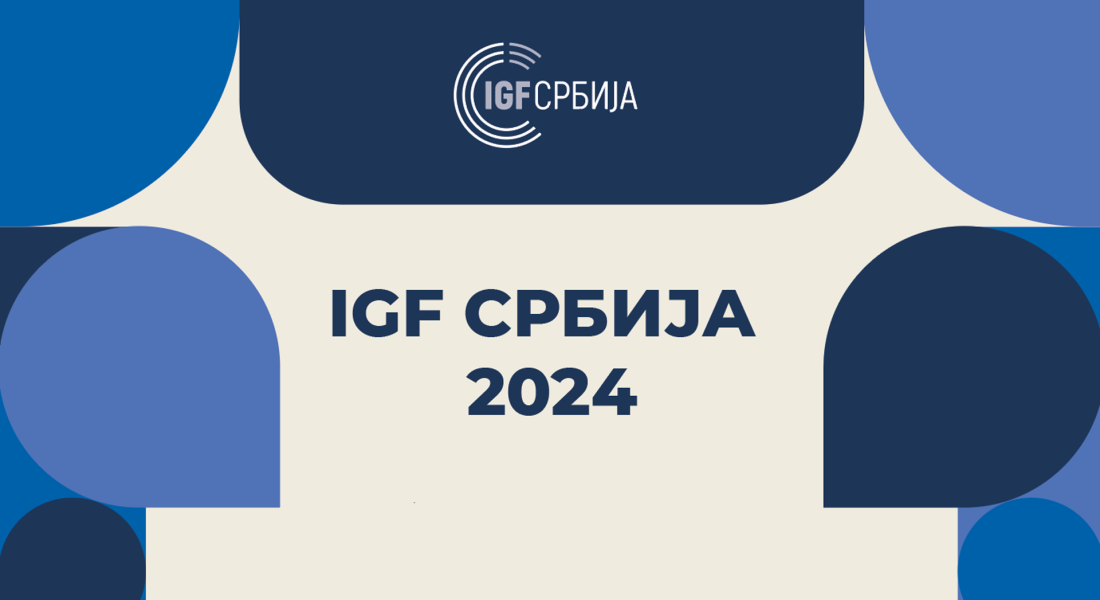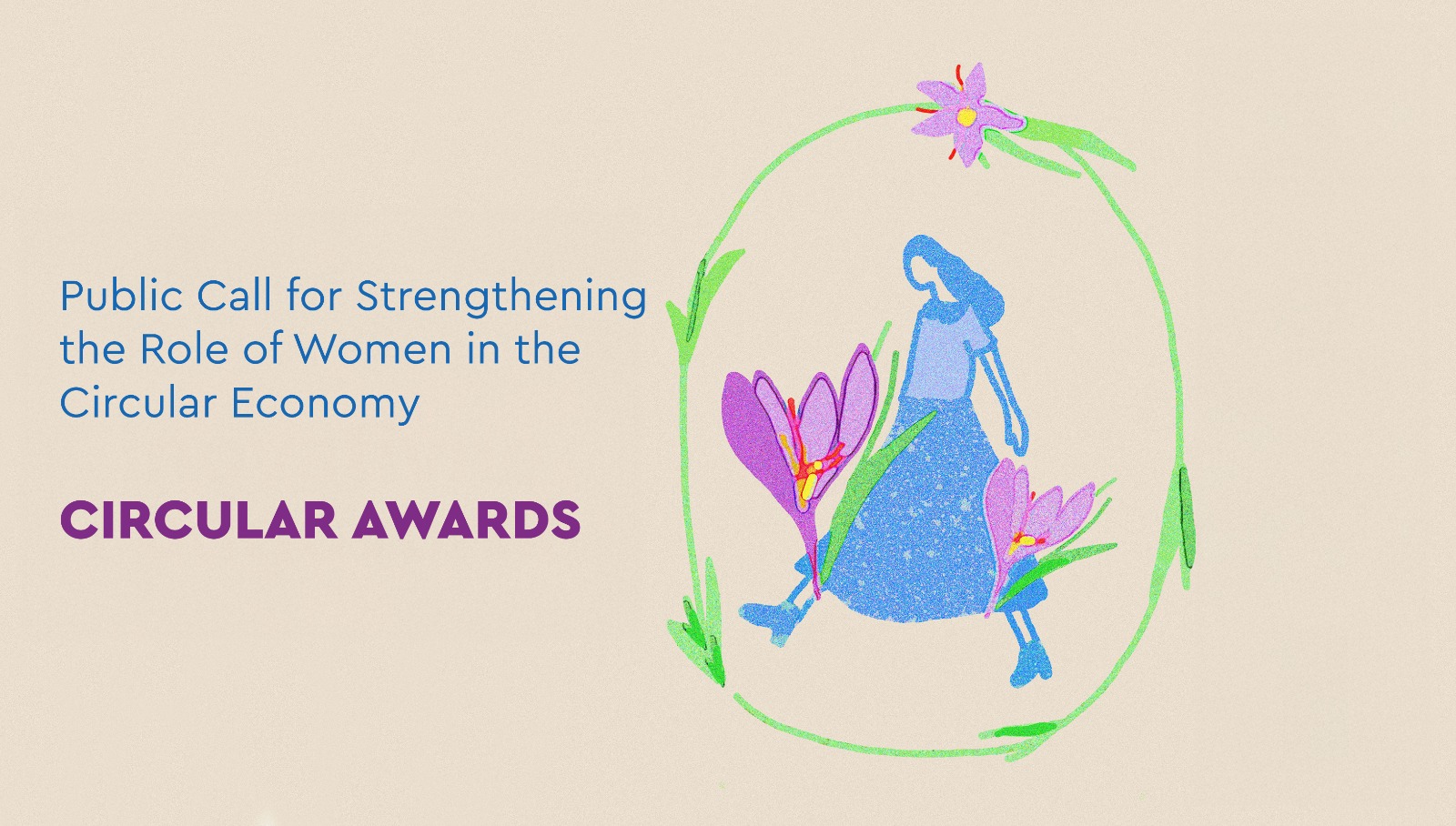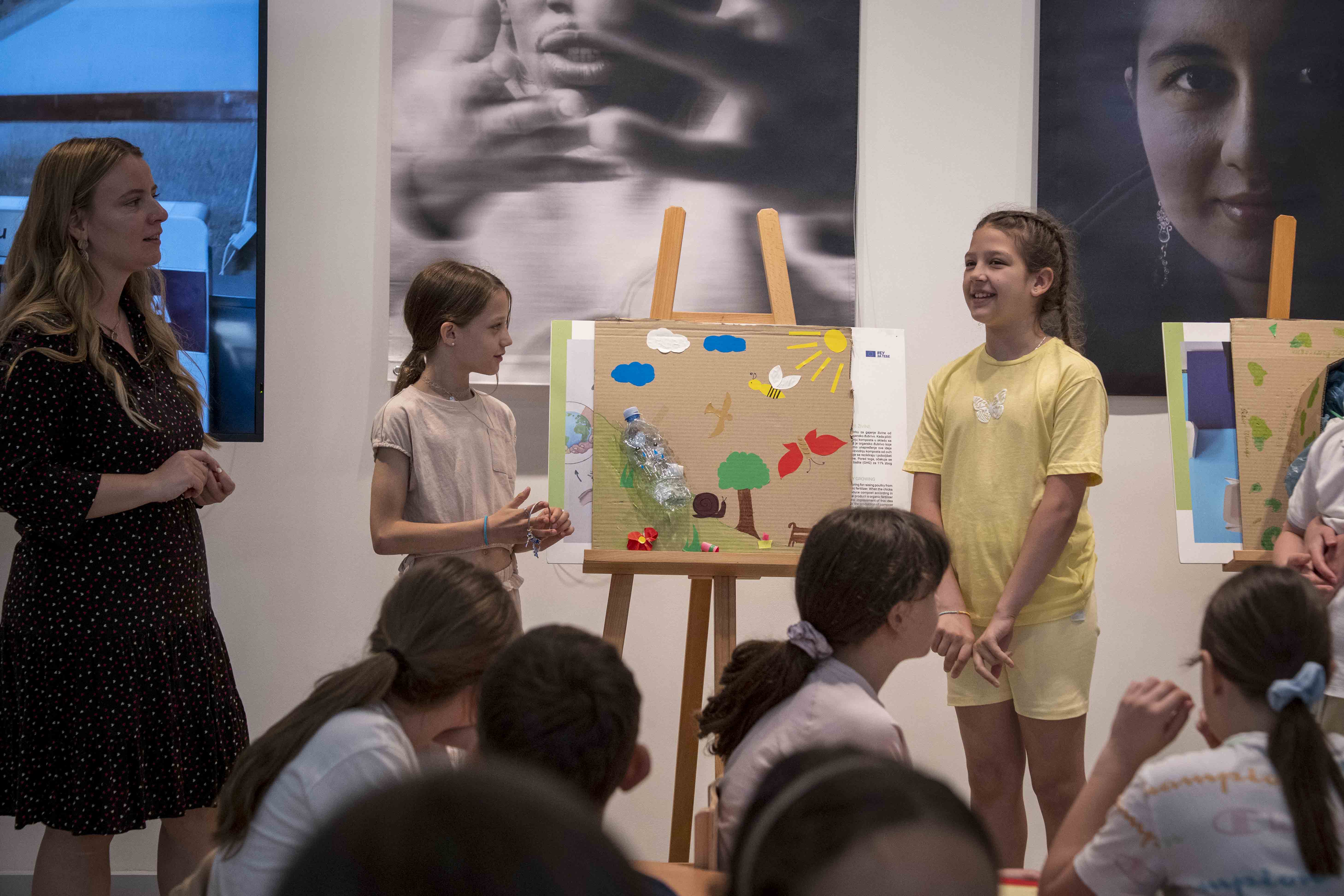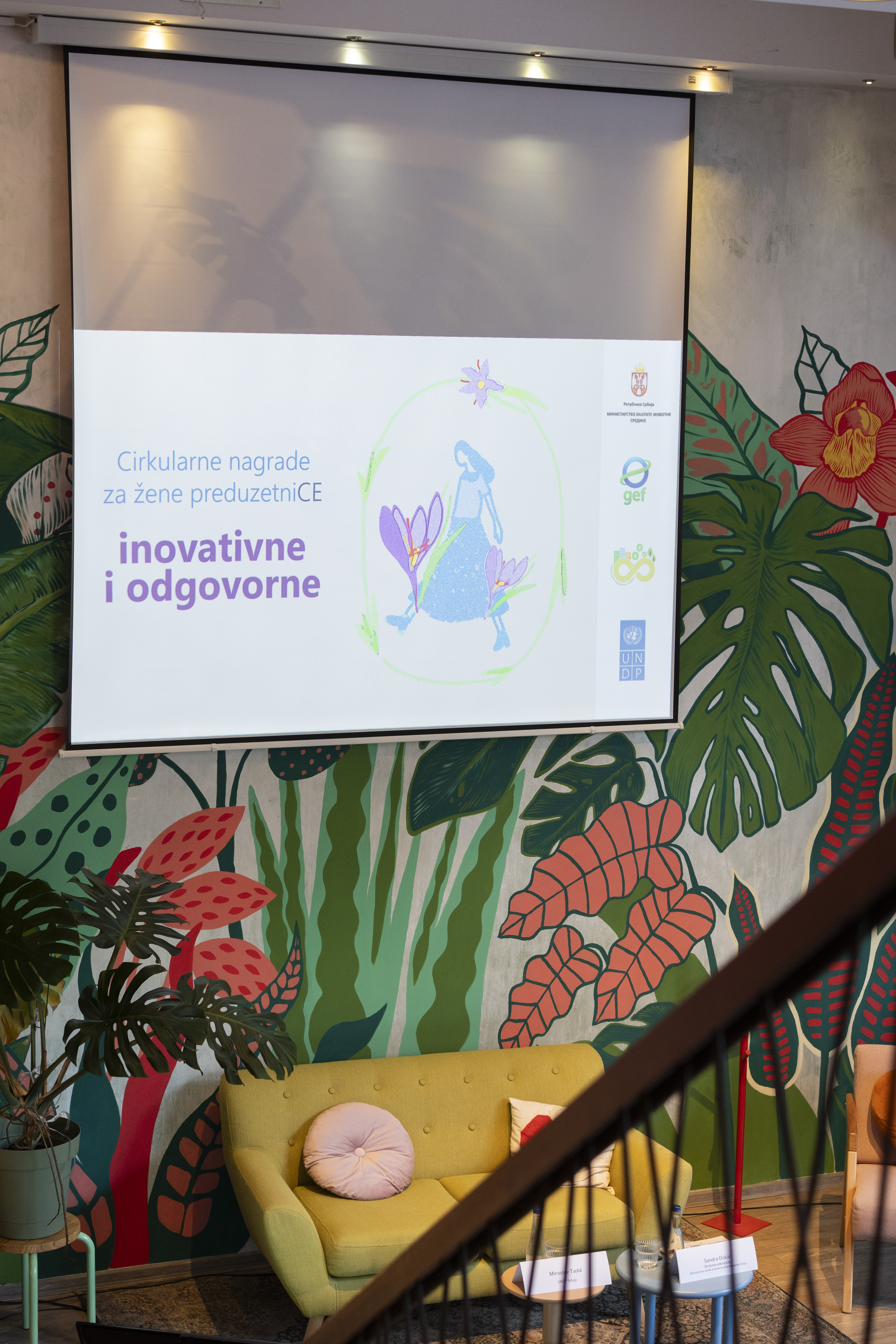The third Serbian Internet Governance Forum (IGF Serbia 2024) was held today in Belgrade. Bringing together representatives of government institutions, the technical community, academia, and civil society, the forum opened key discussions on the future of the internet, digital security, equal access to digital resources, and sustainable development in the digital age.
The forum was organized by the Serbian National Internet Domain Registry Foundation (RNIDS), with support from the Ministry of Information and Telecommunications, the Diplo Foundation, the Internet Society – Belgrade Chapter, and the company Gransy. Additional organizational support was provided by the Commissioner for the Protection of Equality and the Cyber Security Network Foundation.
In the opening session, participants were addressed by Dejan Đukić, Director of RNIDS, and Yakup Beris, UNDP Resident Representative in the Republic of Serbia.
Mr. Đukić emphasized the importance of involving the technical community in shaping internet policies, as well as the role of RNIDS as the host of the national IGF and an active partner in regional and global internet governance initiatives.
Mr. Beris highlighted the close interconnection between the digital and green transitions as two mutually reinforcing directions of modern development. Within UNDP’s work, these processes are seen as interdependent pathways toward faster, fairer, and more sustainable progress. The focus is on technologies, data, skills needed for their implementation, and financial support for innovations that bring these transitions together.
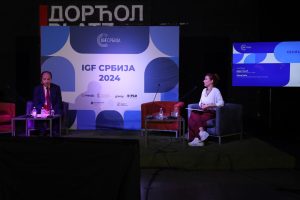
A special session of the program, dedicated to the intersection of green and digital transitions from the perspective of UNDP, was led by Ana Mitić-Radulović, Circular Economy Analyst, and Slobodan Marković, Digital Governance Advisor. Since 2017, UNDP has supported over 100 companies with USD 5 million, leveraging an additional USD 54 million in investments in green transformation.
Five startups presented green and digital innovations they developed with the support of UNDP Serbia:
– The public LoRaWAN network in Kragujevac showcased smart solutions based on the Internet of Things (IoT) and wireless communication of sensor devices. These solutions will be used in waste management (monitoring dumpster fill levels), public lighting, and early warning systems for floods and landslides.
– Bitgear Wireless Design Services from Belgrade developed modular IoT sensor devices for digital business transformation. The devices provide better insight into field conditions, reducing operational costs and increasing efficiency, particularly in areas like waste management.
– The project “Improving the utilisation of industrially processed animal leather through artificial intelligence”, implemented by Digital Leather, automates the detection of leather defects using AI. This solution enables more precise and efficient processing, better material utilisation, and reduced industrial waste.
– The Solid State Transformer, developed by the Faculty of Electrical Engineering, University of Belgrade, and the company Meter&Control, is a data-driven innovation based on system diagnostics. It optimises electricity consumption for end-users, provides galvanic isolation, and requires five times less material in household and distribution networks.
– The Mihajlo Pupin Institute and Biofrost Bioplastics developed a new system for seedling production and planting, integrating an innovative planting mechanism with precise soil dosing into biodegradable pots. The entire process—from seed preparation to fully grown seedlings ready for planting—will be automated using artificial intelligence and robotics.
UNDP will continue to support the Government of the Republic of Serbia and the broader innovation ecosystem in advancing the green and digital transitions – two key global pathways shaping the economy and everyday life.
Photo by Bojan Marojević
